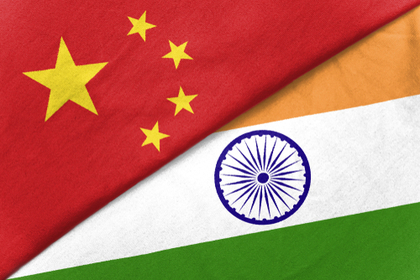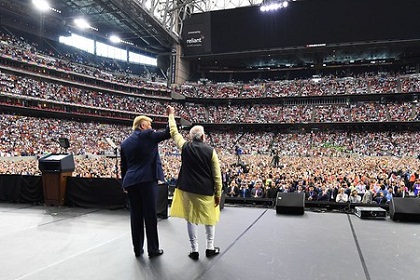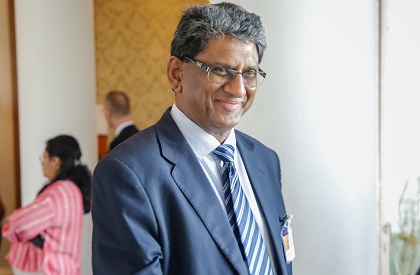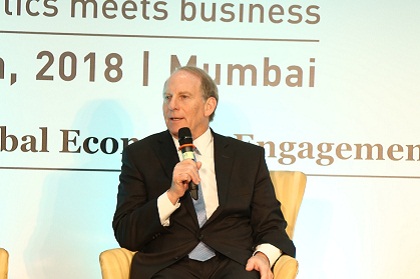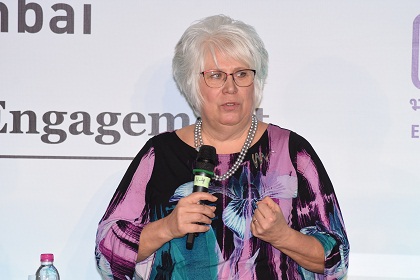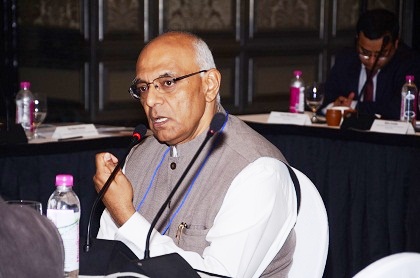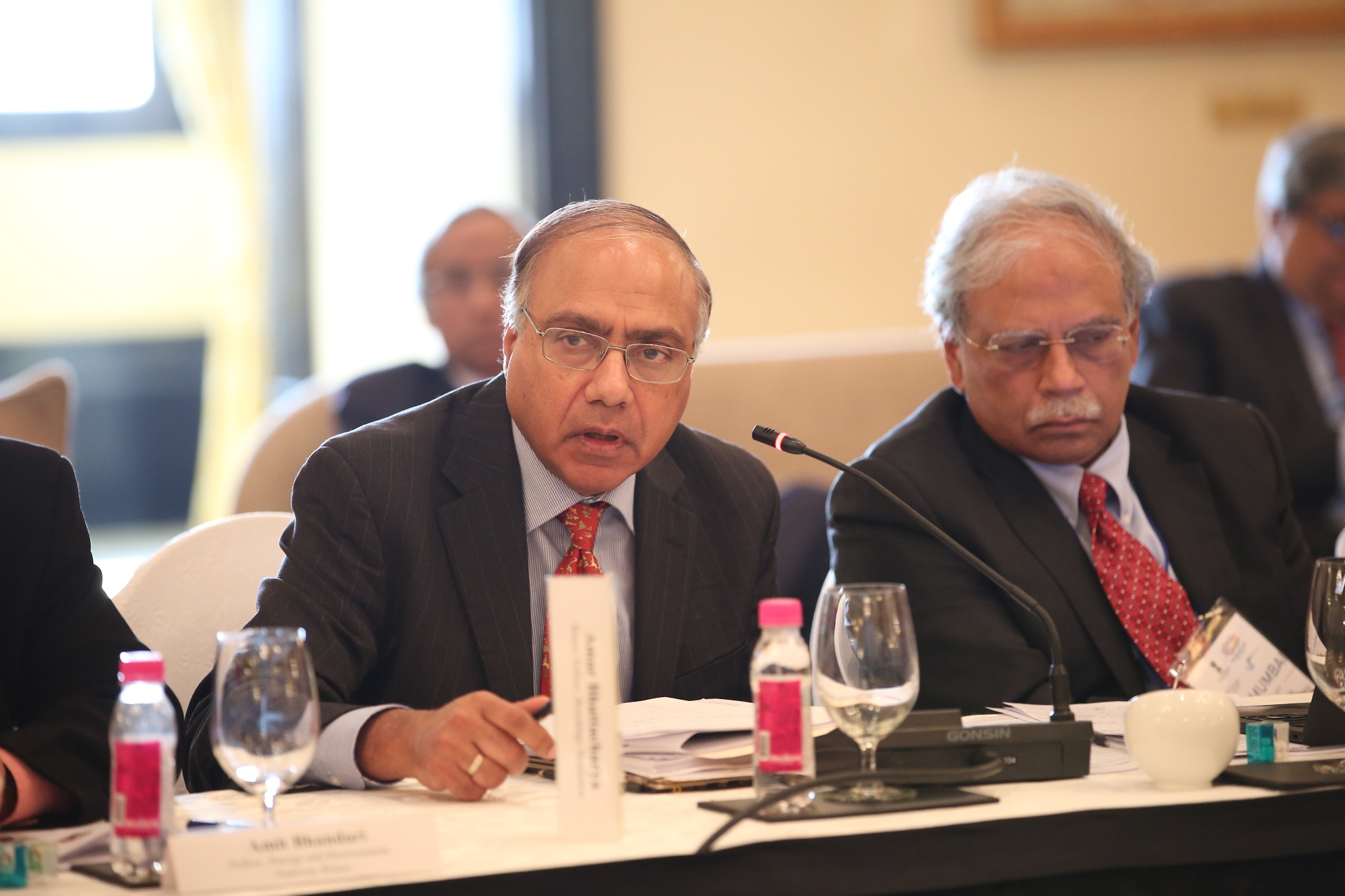Modi-Xi Take 2: a holding operation
The second informal summit between Prime Minister Modi and President Xi Jinping in Mamallapuram on October 11 is likely to be more a holding operation than an occasion for increasing convergence of perspectives on regional and global issues. Neelam Deo, Director of Gateway House, answers a few questions on the eve of the Chinese president’s visit


